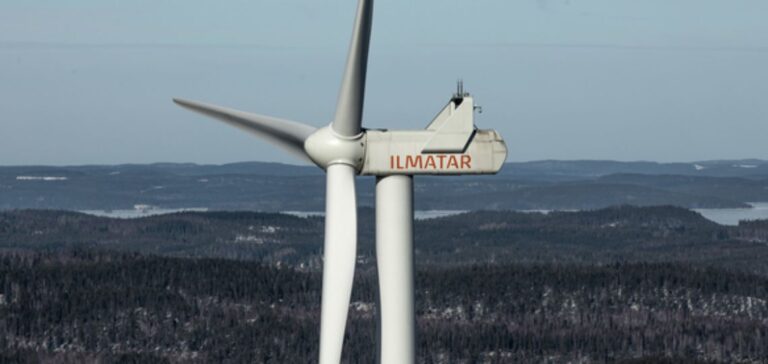Ilmatar, a Finnish company, is starting a technical survey of the seabed in a 600 square kilometer area north of Åland. Sweden and Finland will benefit from a link to the wind farm. It is expected to supply about 10% of Finland’s annual electricity consumption.
A Finnish project
Ilmatar received, at the end of August 2022, the authorization to carry out surveys by the Parliament of Åland. In total, the area is divided into two projects that use existing turbine technology. The wind farm will have a capacity of 2.1GW and an annual production of 10TWh.
The Finnish energy company is financing the seabed studies. Arctia, another Finnish company, will conduct the studies. Anna Häger, Regional Manager of Ilmatar Offshore says:
This is the operational launch of Ilmatar’s investment in offshore wind energy. The Stormskär and Väderskär wind farms now officially have the status of projects to be developed.”
Preliminary work will be completed in early 2023. The data collected will be used as the basis for the environmental impact assessment. Thus, the results will be high resolution images of the seabed.
State-of-the-art technology
Arctia is an expert in technical marine mapping. The company uses several different survey methods, mainly multibeam echo sounders. The group also works with side scan sonars, sub-bottom profilers and seismic booms.
Arctia will provide information on subsurface sedimentation, bedrock and water depths. The surveys use only acoustic methods. In addition, the instruments are harmless to marine life and vegetation.
An independent power producer
The launch of a seabed survey is a serious investment for Ilmatar. The Finnish company is one of the first to carry out a complete technical analysis of the seabed in Åland waters. Thus, it is a necessary investment for the environmental impact study.
Ilmatar is a Finnish energy company and independent power producer founded in 2011. These activities range from the development and construction of new sites to the management of operational assets. Finally, the company owns the wind farms for their entire life of up to 40 years.






















